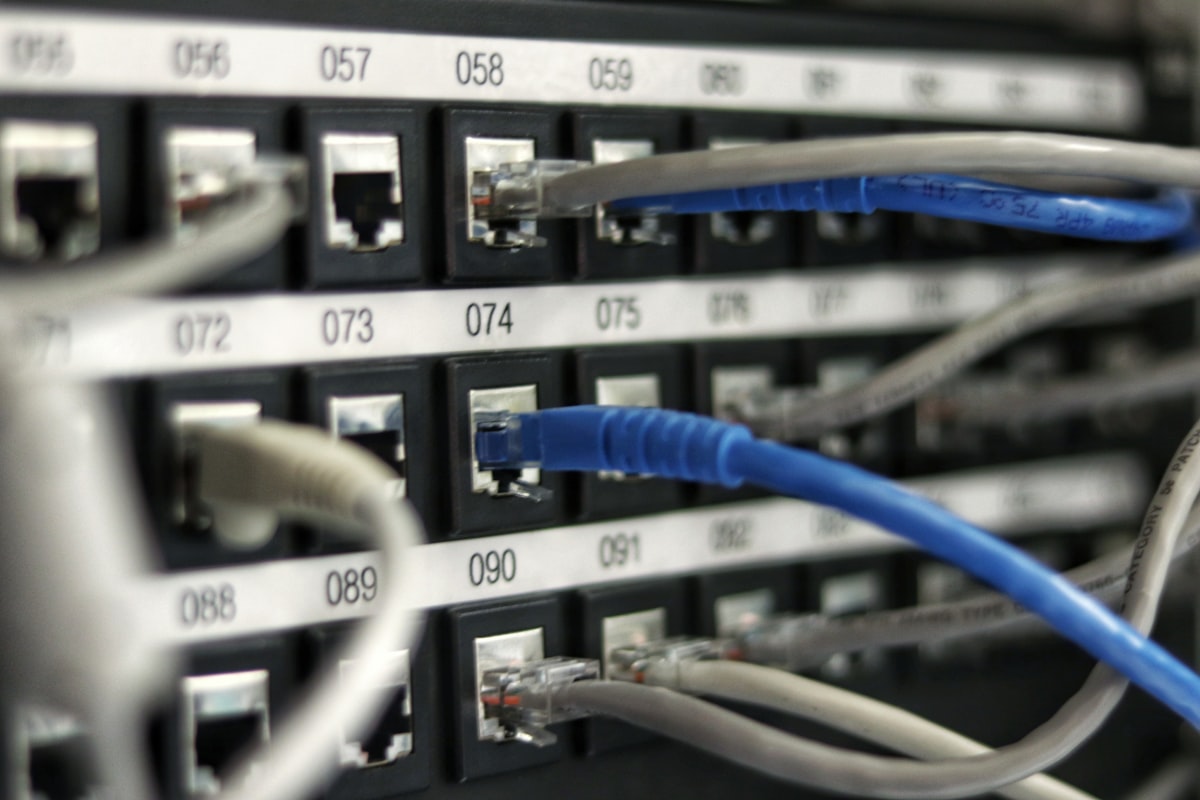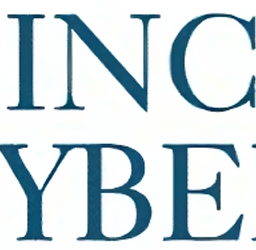Understanding and Implementing Network Security Measures.
Lately, network security has become a big deal in the cybersecurity world. Companies are on the hunt for experts in this field because they want their data locked up tight.

Ever wondered how companies keep your info safe online? Let's dive into network security. Basically, it's all about making sure your data stays safe on computer networks.
Picture this: big companies or organizations use cool tools and tricks to keep their networks and data secure. They do this using a mix of hardware and software. Their main goals? Keeping stuff private and making sure everything works when it's supposed to.
Lately, network security has become a big deal in the cybersecurity world. Companies are on the hunt for experts in this field because they want their data locked up tight. These security solutions cover everything from users and devices to the apps and data itself.
So, why does network security matter? Well, It protects your data from bad guys trying to sneak in and mess things up. Plus, it saves companies from huge losses if something goes wrong.
Now, let's break down how this works:
Physical Network Security
This is like the first line of defense. It stops random people from sneaking into the building or network.
Physical network security is all about preventing unauthorized people from getting their hands on the actual physical components of a network. Just like you might have a fingerprint scanner on your phone, companies use biometric systems and secure access points to make sure only the right folks have access. It's like having a high-tech fortress around the hardware, including routers, cables, and servers.
Technical Network Security
Here, the focus is on keeping data safe while it's traveling through the network. It fights off sneaky hackers trying to steal info.
Picture it as a digital bodyguard that's always on the lookout for sneaky hackers and cybercriminals. Technical network security aims to protect against unauthorized users and malicious activities, making sure your sensitive information stays safe from prying eyes. It involves encryption techniques, secure data transmission protocols, and advanced threat detection systems.
Administrative Network Security
This one keeps an eye on how people use the network. It makes sure everyone follows the rules and keeps the network safe from attacks.
Administrative network security is like having a wise guardian who oversees how everyone uses the network. It manages user behavior, sets permissions, and ensures that every action aligns with the rules and regulations. This aspect of network security is crucial for maintaining the right level of sophistication to defend against various cyber threats. It may also involve making necessary adjustments to the network infrastructure to stay one step ahead of potential attacks.
Drilling Down Deeper into Network Security.
There are different types of network security tricks, like:
Access Control
Only the right people get access to the network's goodies. It's like having a secret code to get in.
Think of access control as a secret handshake for the digital world. It ensures that not just anyone can waltz into the network and access all its treasures. Network Access Control (NAC) is like the bouncer at a club, only letting authorized personnel through. It's a critical measure for preventing unauthorized access to specific resources and keeping the network secure.
Antivirus and Anti-malware Software
They're like the immune system of your computer, fighting off threats and ensuring your system can withstand malware attacks. Antivirus and anti-malware software work tirelessly to scan, detect, and eliminate malicious software trying to infiltrate the network.
Cloud Security
Protects important stuff stored in the cloud. It's like a secret vault in the sky!
Imagine the cloud as a magical place where your important data is stored. Cloud security ensures that this magical place remains protected from unauthorized access. It's like having a force field around your digital valuables, providing security without compromising the visibility of your data. Cloud security measures involve encryption, access controls, and continuous monitoring to keep your data safe in the cloud.
Email Security
Keeps your emails safe from tricky spam and scams. No more falling for those fake prince emails!
Your email is a treasure trove of information, and email security is your shield against external threats. It includes features like automatic filtering of fraudulent emails, sending them straight to the spam folder. This prevents phishing attacks and keeps your email accounts and contents safe from harmful elements lurking in your inbox.
Firewalls
They're like gatekeepers. They check who's coming in and out of the network and stop any bad guys.
Firewalls are the digital gatekeepers, monitoring the traffic coming in and going out based on predefined security rules. They act as a barrier, preventing unauthorized access and blocking potential threats from entering the network. Firewalls are essential for maintaining the integrity of the network and ensuring that only safe data passes through.
Application Security
This one keeps the apps safe from hackers. It's like putting a lock on your favorite games and apps.
Every app you use has its own security measures, and application security ensures that they are robust enough to prevent data or code theft. This includes implementing security measures during the development of applications, creating a secure environment for their operation, and regularly updating them to protect against emerging threats.
Intrusion Prevention System (IPS)
This superhero keeps an eye on the network, looking for any bad activity and tries to stop it.
Think of IPS as the vigilant guard constantly watching over the network for any signs of malicious activity. It monitors network and system activities, identifies potential threats, and takes action to block or stop them. IPS is like the superhero that doesn't just detect villains but actively fights against them to keep your network safe.
Conclusion
As we wrap up this discussion on network security, it's clear that cybersecurity isn't just about protection it's a dynamic field filled with exciting opportunities. For those fascinated by the art of keeping data safe and outsmarting cyber threats, diving into network security opens doors to a range of thrilling career paths.
From becoming an ethical hacker or a cybersecurity analyst to specializing in network infrastructure or cloud security, the options are vast. The demand for experts in this field continues to skyrocket as companies across industries prioritize fortifying their digital assets. Whether you're into coding, problem-solving, or strategic planning, there's a niche waiting for your expertise in the cybersecurity landscape.
So, if you're considering a career that blends cutting-edge technology, constant learning, and the satisfaction of defending against digital villains, network security might just be your calling. Embrace the challenges, explore the possibilities, and embark on a journey that not only secures data but also safeguards the future of our interconnected world.
Related Posts








